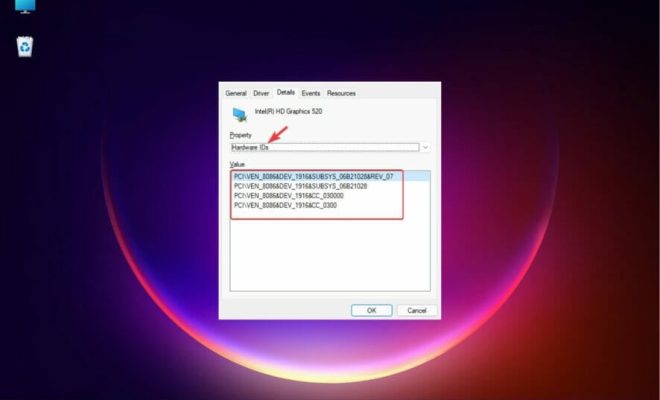4 Ways to Avoid Becoming a Victim of Cybercrime

In today’s digital age, cybercrime is on the rise, causing harm to individuals and businesses alike. With an overgrowing reliance on technology, people often overlook the importance of taking precautionary measures to protect themselves from cyber threats. Here are four effective ways to help you avoid becoming a victim of cybercrime.
1. Use Strong, Unique Passwords
One of the easiest ways for cybercriminals to access your personal information is through weak and reused passwords. To safeguard your online accounts, create strong and unique passwords for each account. Combine upper and lowercase letters, numbers, and special characters to create complex passwords that are difficult for hackers to guess. Additionally, consider using a reputable password manager to help you maintain these unique passwords securely.
2. Keep Your Software Up-to-date
Outdated software programs and operating systems may contain vulnerabilities that can be exploited by hackers. Make it a habit to update your computer software regularly with the latest security patches and fixes. Furthermore, enable automatic updates on your devices so that you do not miss any critical updates that could protect you from emerging threats.
3. Be Cautious About Phishing Email
Phishing scams are responsible for many cases of identity theft and financial loss online. Cybercriminals often create emails and websites designed to mimic genuine organizations such as banks or government departments in order to trick you into providing sensitive information like usernames or passwords. To avoid falling victim to phishing scams, never click on suspicious links or open attachments from unknown sources. If you receive an email asking for personal information, verify the authenticity of the message by contacting the organization it claims to represent directly.
4. Enable Multi-Factor Authentication (MFA)
Multi-factor authentication adds an extra layer of protection by requiring more than one method of verifying a user’s identity before granting access to an account – generally something that only the user knows (password), something they have (a physical token such as a mobile phone or security key), and sometimes something they are (biometric data, such as fingerprints). Most popular online services offer MFA options for their users. By enabling MFA on your accounts, you can significantly reduce the risk of unauthorized access and protect your critical data.
In conclusion, cybersecurity is an essential aspect of our digital lives that cannot be ignored. Taking proactive steps to protect yourself against cybercrime is crucial to secure your personal information and financial assets. Implement these four strategies to minimize the chances of becoming a victim of cybercriminals.






